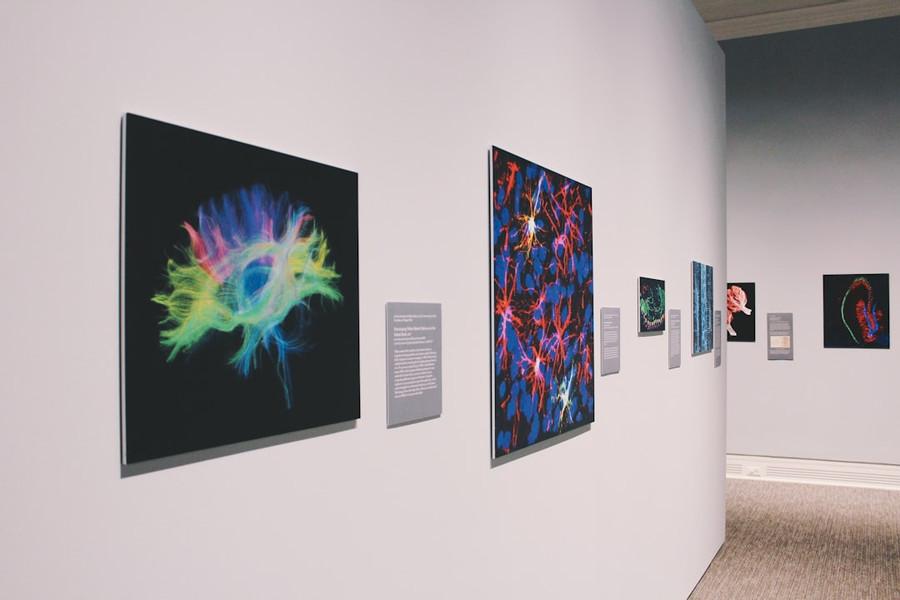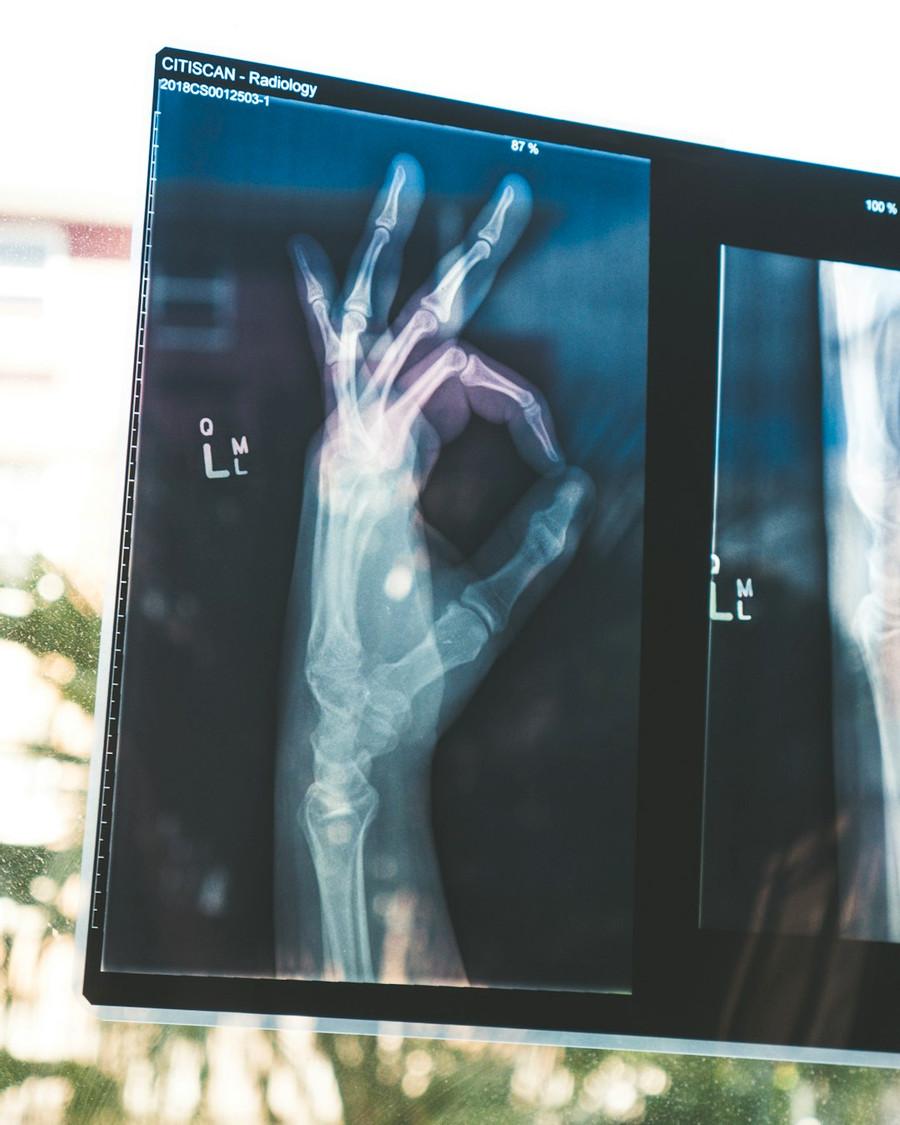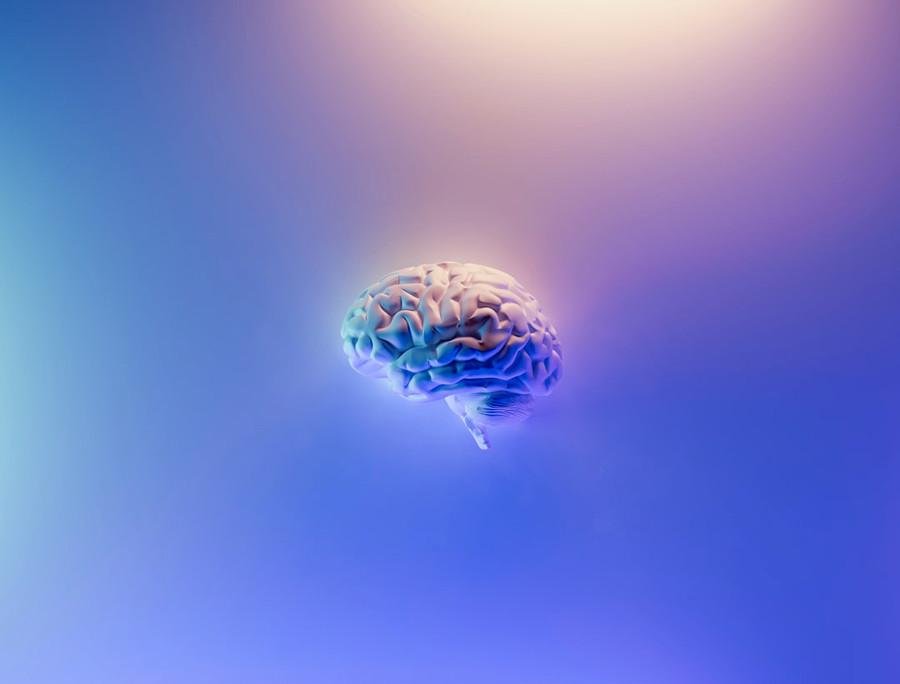Neurotechnologies: The Next Technology Frontier
Curated from: brain.ieee.org
Ideas, facts & insights covering these topics:
9 ideas
·2.3K reads
25
2
Explore the World's Best Ideas
Join today and uncover 100+ curated journeys from 50+ topics. Unlock access to our mobile app with extensive features.
Neurotechnologies that will change our lives
We know that technological advances have already brought endless benefits to the medical field. However, it seems that in the field of neuroscience and mental disorders, no great milestones have been reached so far. Instead, there are more sophisticated resources for studying the brain, such as magnetic resonance imaging (MRI).
In recent years, new technologies combined with state-of-the-art computational analysis, modeling, and artificial intelligence have changed many things. For example, we can see what's going on in many mental disorders at the neurological level.
30
423 reads
Neurotechnologies aim to improve the health and potential
Neurotechnologies aim to improve the health and potential of the human brain. This area is attracting increasing interest and investment from large companies. We intend to examine below some future developments in this field, which, as we mentioned earlier, are non-invasive resources.
The search for biomarkers of chronic pain and depression
Artificial intelligence added to electroencephalography (EEG) and Big Data will soon allow for better diagnoses. For example, a patient will only need to wear a cap with different electrodes to get an accurate picture of his brain activity.
25
312 reads
Brain stimulation to treat depression in young people
Deep brain stimulation is a method already being used successfully to treat major depression. However, there is one group of patients that needs more attention. In their case, often neither psychological nor pharmaceutical therapy brings any improvement.
These are young people between the ages of 16 and 24 with depression and suicidal behavior. Therefore, experts have developed a device that stimulates the dorsolateral prefrontal cortex. This technique, added to cognitive exercise sessions, reduces symptoms associated with depression.
24
281 reads
Assistive brain devices
Companies such as Medtronic, Neuropace, and St. Jude Medical have developed technologies that can change the quality of life for many people. While we usually think only of Elon Musk's Neuralink project, the truth is that many organizations are working on specific advances that will soon see the light of day.
One such project is the creation of brain devices that prevent epileptic seizures. There will also be technologies that, through continuous monitoring, will improve the administration of specific medications based on the patient's needs.
26
245 reads
Treating injuries in virtual reality
Other neurotechnologies already used in psychological therapy are those related to virtual reality. Currently, they are extremely useful in treating phobias and dementia, and in treating children with autism spectrum disorders (ASD). Soon, however, another step is to be taken.
In a few years, virtual reality technology combined with brain stimulation will be developed to treat patients with post-traumatic stress disorder. Through gradual sessions, the method will seek to negate the negative effects of adverse events.
26
226 reads
Specialized video games for cognitive training
Most of us play games on our cell phones to train our memory. These are useful resources for the elderly because they facilitate good cognitive stimulation. This is an important area of neurotechnology, and it undoubtedly helps to understand why specialized video games are being developed for this purpose.
Cognitive training to improve fluid intelligence, as well as working memory, is a resource that will soon be within our reach.
24
213 reads
Devices for concentration and self-regulation
In an increasingly stimulating and multitasking world, attention is beginning to fade in people. As a result, we now find it difficult to concentrate our mental resources on single activities. Concentration is exhausting, and our thoughts tend to wander. This feeds stress and feelings of low productivity.
Wearable technologies like watches or headphones will soon begin to have a different purpose. Experts are designing devices that improve our attention span and promote calmness and emotional self-regulation. Does this mean the end of anxiety? We will have to wait and see.
26
199 reads
Brain-computer interfaces
Brain-Computer Interface (BCI) systems already exist. They consist of interfaces that connect the human mind to a computer, translate its thoughts and transmit them to electronic devices. We know this may sound like science fiction, but if we want to understand their usefulness, we need to analyze what they consist of.
These new technologies detect and decode the electrical activity of neurons. They then send messages to a device that performs a specific action. In effect, brain-computer interfaces are neurotechnologies that realize the rehabilitation of lost functions.
24
194 reads
Conclusion
We often think about the dangers of technological revolutions such as chatbots or artificial intelligence. However, as is usually the case with science, the key is how we use it.
Currently, some neurotechnologies are already part of many therapeutic and medical communities. But in the future, there will be new and unique resources whose sole purpose will be to improve our quality of life in many areas. This is the best goal of all, and while it may have seemed magical before, it is likely to come true sooner than we might think.
25
208 reads
IDEAS CURATED BY
CURATOR'S NOTE
In recent years, new technologies combined with state-of-the-art computational analysis, modeling, and artificial intelligence have changed many things. For example, we can see what's going on in many mental disorders at the neurological level. This facilitates the development of more effective treatments. What's more, it helps us understand these mental conditions more deeply...
“
Ismena W.'s ideas are part of this journey:
Learn more about health with this collection
How to strengthen your willpower
How to overcome temptation and distractions
The role of motivation in willpower
Related collections
Similar ideas
6 ideas
How Brain Activity Is Measured
psychologytoday.com
4 ideas
Neuroscience: Overview, history, major branches
medicalnewstoday.com
49 ideas
The Neuroscience of the Seven Deadly Sins
discovermagazine.com
Read & Learn
20x Faster
without
deepstash
with
deepstash
with
deepstash
Personalized microlearning
—
100+ Learning Journeys
—
Access to 200,000+ ideas
—
Access to the mobile app
—
Unlimited idea saving
—
—
Unlimited history
—
—
Unlimited listening to ideas
—
—
Downloading & offline access
—
—
Supercharge your mind with one idea per day
Enter your email and spend 1 minute every day to learn something new.
I agree to receive email updates









